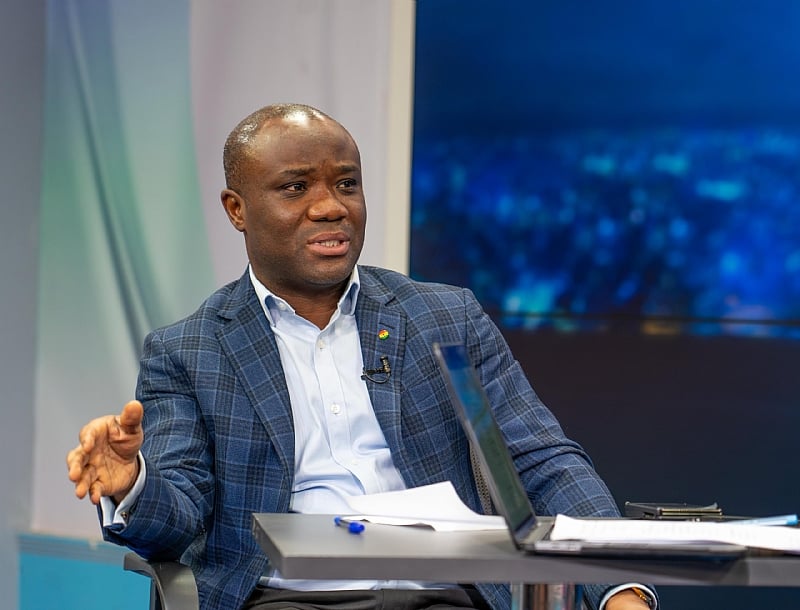The suspension of Chief Justice Gertrude Torkornoo by President John Dramani Mahama has ignited a national debate in Ghana, raising questions about judicial accountability and the balance of power within the government. The President’s action, rooted in Article 146(6) of the 1992 Constitution, follows the submission of three petitions alleging misconduct against the Chief Justice. While some view the suspension as a necessary step towards upholding constitutional principles, others express concerns about potential political motivations and the precedent it sets for future interactions between the executive and judicial branches. The core issue centers around the interpretation and application of constitutional provisions regarding the removal of high-ranking judicial officers.
President Mahama’s decision to suspend Chief Justice Torkornoo came after a preliminary assessment of the petitions, establishing a prima facie case against her. This initial determination, however, does not imply guilt. According to Minister of State for Government Communications, Felix Kwakye Ofosu, the suspension is a procedural requirement stipulated by the Constitution, not a prejudgment of the Chief Justice’s innocence or guilt. The President’s adherence to the constitutional process, he argues, underscores the government’s commitment to the rule of law and cannot be construed as setting a negative precedent. The Constitution mandates consultation with the Council of State before such a suspension can be effected, a step that was duly followed in this case.
The establishment of a five-member committee, also mandated by Article 146(6), is the next stage in the process. This committee will conduct a thorough investigation into the allegations against Chief Justice Torkornoo, giving her an opportunity to respond to the accusations and present her defense. The committee’s findings will then be presented to the President, who will determine the appropriate course of action based on their recommendations. This structured approach, enshrined in the Constitution, aims to ensure fairness and transparency while safeguarding the integrity of the judicial system.
The unfolding situation carries profound implications for Ghana’s democratic institutions. The independence of the judiciary is a cornerstone of any democracy, and the suspension of the Chief Justice, the head of this critical branch of government, naturally raises concerns. The public discourse swirling around this issue reflects the anxieties surrounding the potential erosion of this independence. Observers are closely scrutinizing the process, emphasizing the importance of adhering to constitutional principles and avoiding any perception of political interference in judicial matters.
The defense put forth by the government emphasizes strict adherence to constitutional procedures. Minister Kwakye Ofosu asserts that the President acted solely in accordance with the Constitution, fulfilling his sworn duty to uphold the law. The government maintains that this action should not be interpreted as a preemptive judgment against the Chief Justice but rather a procedural necessity. The emphasis on the Constitution’s role aims to reassure the public that due process is being followed and that the Chief Justice’s rights are being respected throughout this process.
The outcome of the investigation and the subsequent decisions made by the President will significantly shape the future of the Ghanaian judiciary. This case presents a critical test of the nation’s commitment to judicial accountability and the balance of power between different branches of government. The public’s keen interest and the ongoing debates surrounding the Chief Justice’s suspension highlight the importance of transparency and adherence to constitutional principles in upholding the integrity of Ghana’s democratic institutions. The entire process will be under intense scrutiny, with its implications resonating far beyond the immediate case, impacting the public’s trust in both the executive and judicial branches of government.


